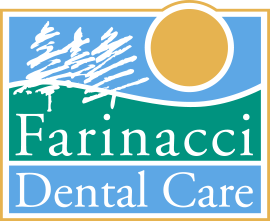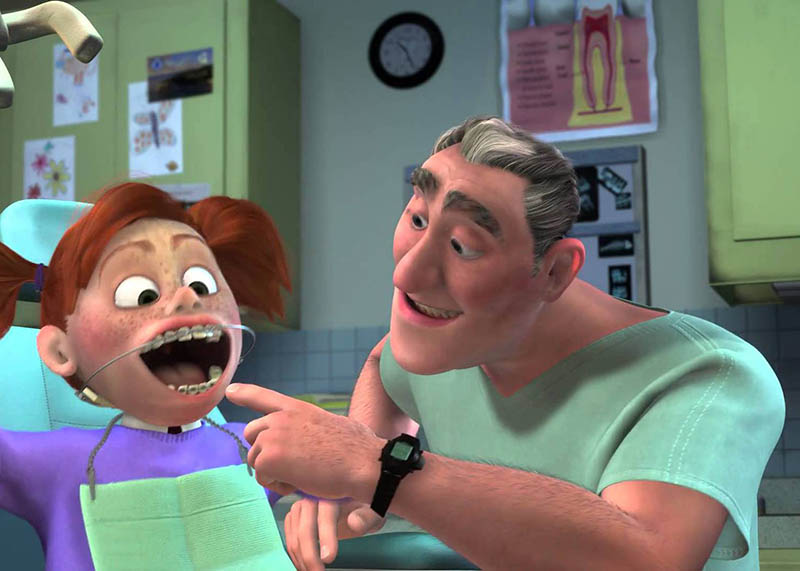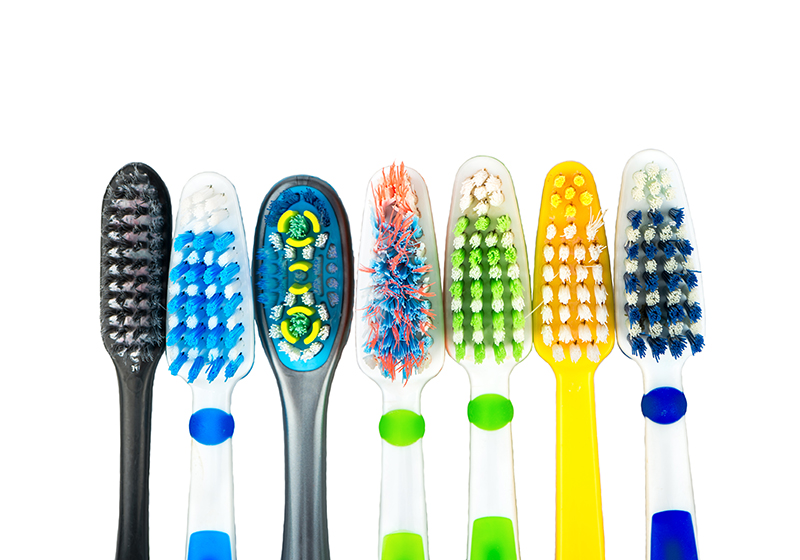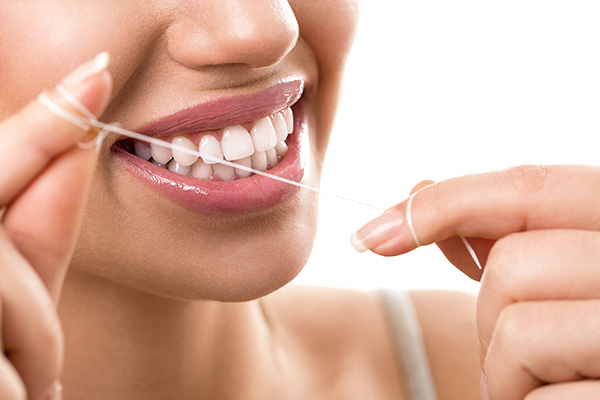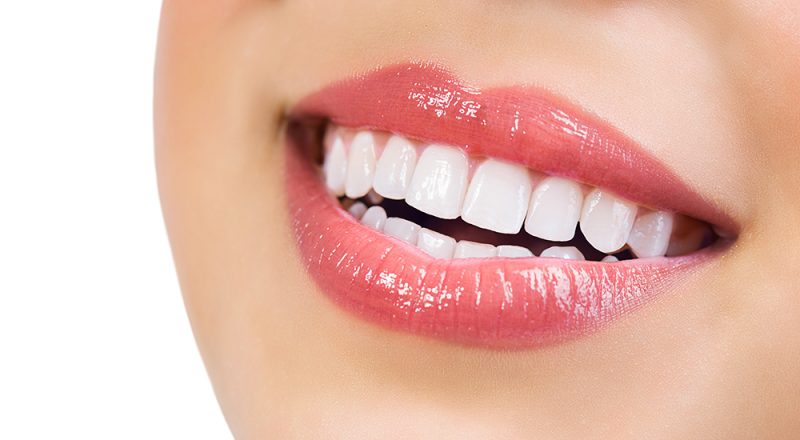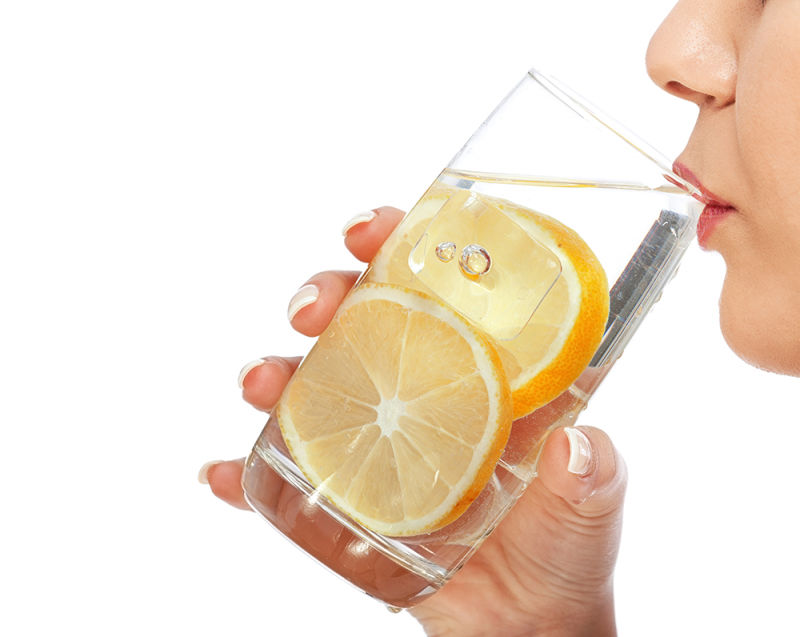Farinacci Dental Care Blog
How Often Should You Replace Your Toothbrush?
September 28, 2017
We've all heard that the pen is mightier than the sword. You might also say that the toothbrush is mightier than the drill! That's because if you wield your toothbrush properly, it's a very powerful weapon against tooth decay & gum disease. But like any tool, if you want it to work best, you need to take care of it.
The Truth About Oil Pulling
September 20, 2017
Among the many health fads and rumors going around the web, oil pulling is one that we dentists get asked about a lot. The question is, does oil pulling really prevent tooth decay?
How Pregnancy Can Affect Your Oral Health
September 6, 2017
Among the many changes that women experience in their bodies when they become pregnant, changes to their oral health may be among the most surprising and perplexing.
